shū
express
Phonosemantic compound. 予 represents the meaning and 扌 represents the sound.
Evolution

Seal script
Shuowen (~100 AD)
Clerical script
Western Han dynasty (202 BC-9 AD)
Clerical script
Eastern Han dynasty (25-220 AD)Regular script
ModernDefinitions
Most common words with 抒
Freq. | Word | Meaning |
|---|---|---|
lyric | ||
to give vent | ||
to express | ||
everyone gives their own view | ||
lyric poetry |
Sources
